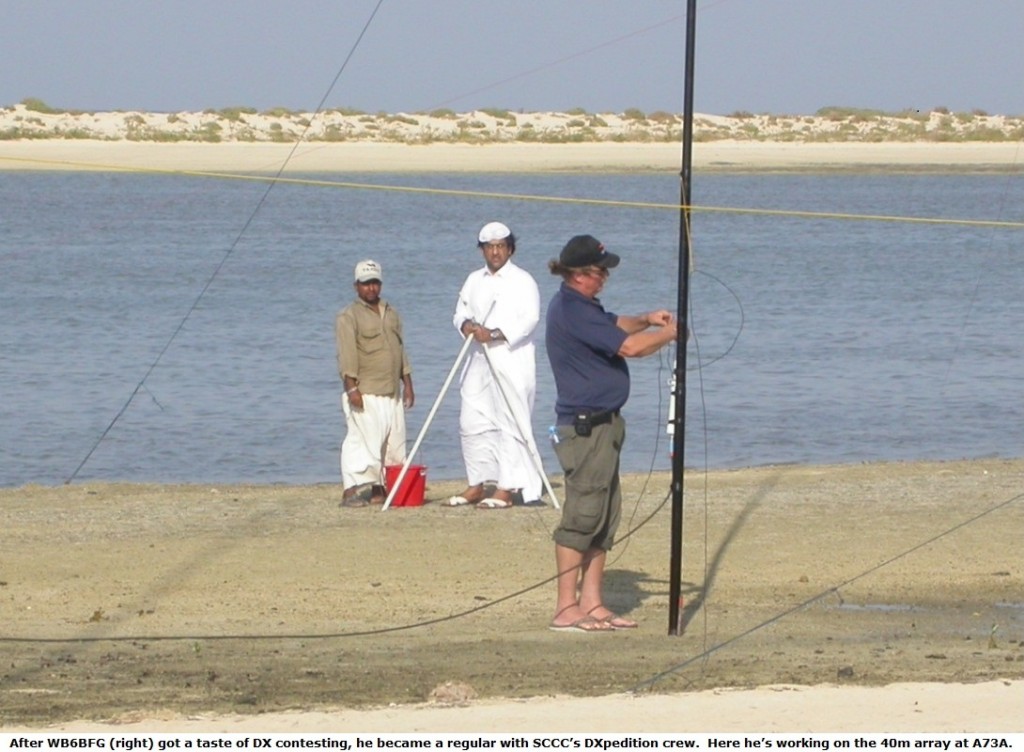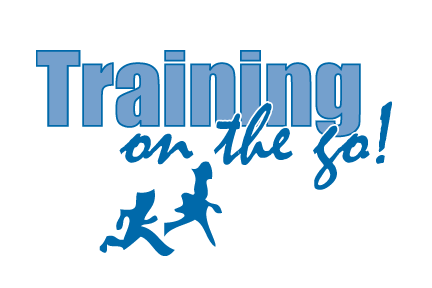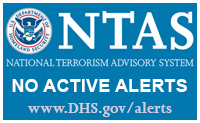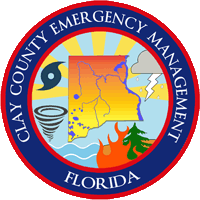 You may have heard of the Fireman Olympics or lumberjack competitions. Most of you have seen a rodeo – at least on television – where cowboys (and cowgirls) do their thing in a stadium rather than on the range. What do all these have in common? They test skills used on the job in an enjoyable yet challenging environment. Guess what? Amateur Radio operators compete, too, in a variety of contests held throughout the country and the world. Internationally, this is called “Radiosport.” Domestically, we just call it “Contesting.” Many highly competitive radio amateurs consider their regular operating time to be part of their training for competitions. In a larger sense, though, radio contests are training that improves our ability to do whatever else we do in Amateur Radio more effectively.
You may have heard of the Fireman Olympics or lumberjack competitions. Most of you have seen a rodeo – at least on television – where cowboys (and cowgirls) do their thing in a stadium rather than on the range. What do all these have in common? They test skills used on the job in an enjoyable yet challenging environment. Guess what? Amateur Radio operators compete, too, in a variety of contests held throughout the country and the world. Internationally, this is called “Radiosport.” Domestically, we just call it “Contesting.” Many highly competitive radio amateurs consider their regular operating time to be part of their training for competitions. In a larger sense, though, radio contests are training that improves our ability to do whatever else we do in Amateur Radio more effectively.
Contesting helps prepare us for demanding communication tasks such as might be encountered during a major disaster. Why do I call contests training events? Simply put, all the skills built through contesting experience are valuable in emergency communications situations:
- Hearing, understanding and recording information quickly and accurately.
- Extracting information from weak signals or through interference and noise.
- Establishing and completing contacts with rapid efficiency.
- Finding work-arounds when the unexpected happens, rather than giving up.
- Knowing how to get the most out of your equipment and antennas.
- Understanding propagation and making those tough long-haul contacts.
Each contest has its own unique rules that define the challenge. There are specific starting and ending times, encompassing operating periods as short as four hours or as long as two days. Eligible stations (i.e., those with whom contacts count for contest credit) may be confined to a specific state or country or may include all hams worldwide.
There is a defined exchange, a set of information that must be sent, received and logged accurately. Exchanges can be as simple as three or four characters to a lengthy data set that simulates the message header in a formal radiogram.
Each contact adds points, and often there is a “multiplier” for each geographic area contacted. The sum of contact points times the sum of multipliers yields the final score. Participating operators usually submit their contest logs to the sponsoring organization in electronic form, which enables rigorous cross-checking for accuracy and facilitates timely publishing of the results.
Contests are not limited to the HF bands that are primarily the domain of many General-class and higher licensees. There are VHF, UHF and even microwave contests, all available to holders of every class of license. If you think that the two-meter or 70-centimeter band is limited to supporting nearby and repeater contacts, you’re in for a surprise!
Communication over hundreds of miles and more is possible with suitable antennas and equipment. By participating in these competitions, you will learn what works best and how your station’s effectiveness can be improved.
You don’t have to be in it to win it; just take part, and have fun while you’re learning to enhance your and your station’s performance. When former FCC Enforcement Bureau Chief Riley Hollingsworth addressed an audience of hams at a major radio convention a few years ago, he advised them to watch and learn from contesters. “They’re the best operators in the world,” he said. Having participated with many top-notch contesters myself over the last four decades, I would have to agree. If my life depended on a message getting through quickly and accurately under difficult conditions, having world-class contesters at each end of the circuit would greatly enhance the likelihood that I would survive.
Of course, most of us aren’t world-class contesters. Yet we, too, can sharpen our operating skills by exercising them in organized competitions. With standardized rules and widely disseminated results, we can compare our performance with that of our peers and measure our improvement from one year to the next.
We can identify and correct weaknesses in our stations, evaluate the impact of equipment and antenna changes, and push ourselves to solve real-time communication problems as efficiently as possible.
All this builds and hones transferable skills. It makes us better at what we do, which is getting the message through. Remember, when all else fails, Amateur Radio works, and properly trained, dedicated hams make it happen.
– Marty Woll, N6VI, ARRL Vice Director, Southwestern Division, from the Southern California Contest Club website, reprinted here by permission.




